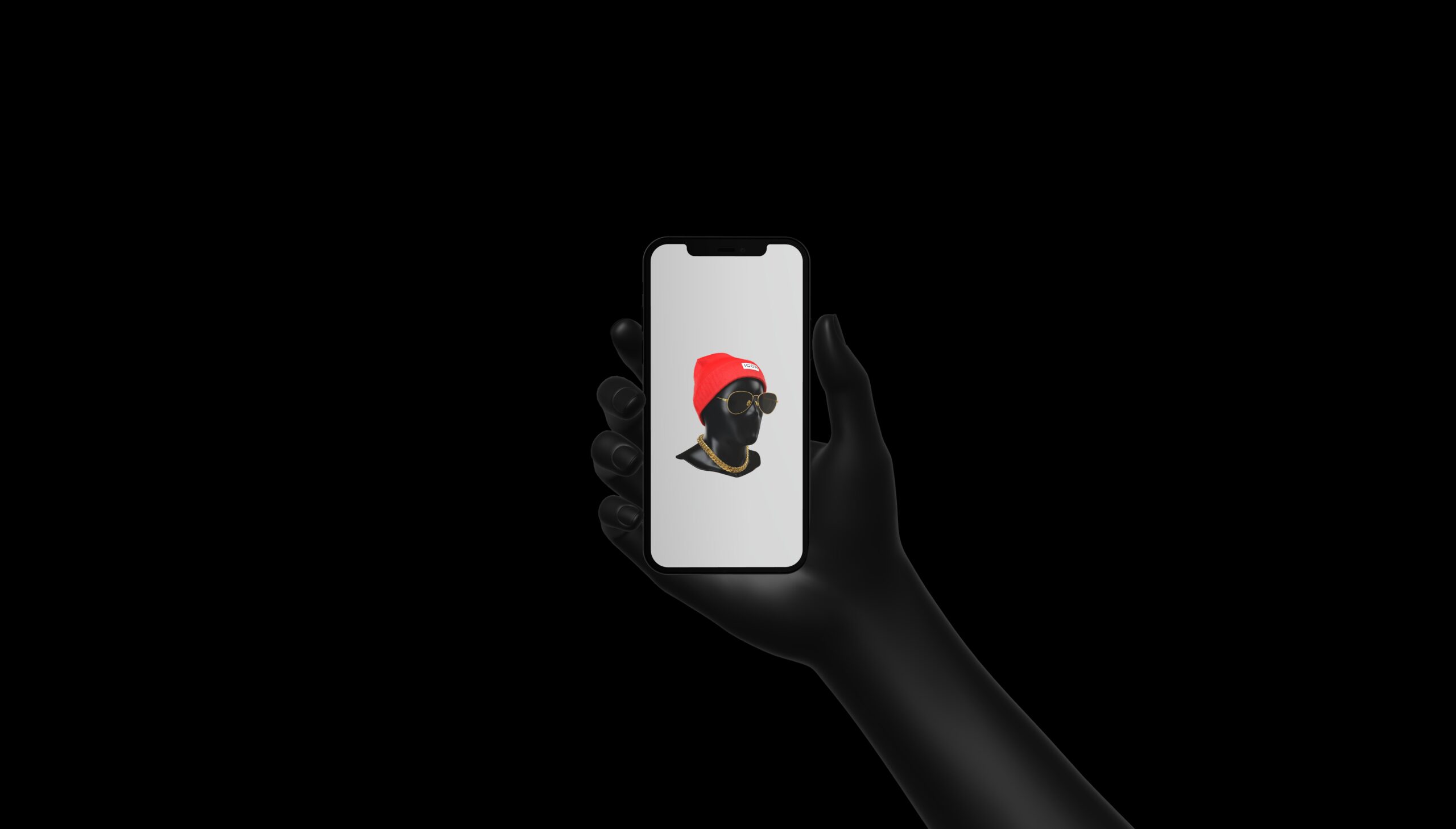Unlocking the Future of Music: How NFTs are Changing the Game for Musicians and Fans
In recent years, the music industry has undergone a significant transformation, with digital technology enabling new ways for musicians to connect with fans and monetize their work. One of the most exciting developments in this space is the rise of non-fungible tokens (NFTs), which offer a new way for musicians to engage with fans and create revenue streams. In this post, we’ll explore how NFTs are changing the music business for musicians and fans alike.
What are NFTs and How Do They Work?
To understand the impact of NFTs on the music industry, it’s essential to first understand what NFTs are and how they work. NFTs are a type of digital asset that are stored on a blockchain, which is a decentralized ledger that enables secure, transparent transactions. NFTs differ from other types of digital assets, such as cryptocurrencies, because they are unique and verifiable. This means that each NFT represents a one-of-a-kind item, such as a piece of artwork or a music track, and the ownership of that item can be tracked on the blockchain.
The Benefits of NFTs for the Music Business
NFTs offer several benefits for the music business and musicians, including:
- Fan engagement: NFTs enable musicians to connect with fans in new and innovative ways. For example, musicians can offer exclusive experiences, merchandise, and other perks to fans who purchase their NFTs.
- Revenue streams: NFTs provide a new revenue stream for the entire music businss. Moreover, it enables musicians to monetize their work in ways that were not possible before. For example, musicians can sell unique recordings, live performances, and other digital assets as NFTs.
- Ownership control: NFTs enable musicians to retain control over their work and its distribution. This is important in an industry where ownership and control have traditionally been concentrated in the hands of a few major record labels.
Real-World Examples of NFTs in the Music Business
Several musicians have already embraced NFTs and used them to connect with fans and create revenue streams. Here are a few examples:
- Grimes: The musician Grimes sold a series of NFTs in February 2021, including a one-of-a-kind digital art piece and an exclusive song. The NFTs sold for a total of $6 million.
- Kings of Leon: The band Kings of Leon released their latest album as an NFT, which included a range of exclusive content such as limited-edition vinyl and backstage passes. The NFTs sold out within hours of their release.
- DJ 3LAU: The DJ and producer DJ 3LAU sold a collection of NFTs in February 2021, which included rare recordings, exclusive access to live performances, and other perks. The NFTs sold for a total of $11.7 million.
The Future of Music and NFTs
As the music industry continues to evolve, NFTs are likely to play an increasingly important role in shaping its future. NFTs offer a way for musicians to engage with fans in new and innovative ways, while also creating new revenue streams and business models. However, there are also challenges and limitations to using NFTs in the music industry. For example, issues of exclusivity and accessibility could limit the potential audience for NFTs. Additionally, the market for NFTs is still relatively new, and it’s unclear how sustainable it will be in the long term.
Conclusion
NFTs represent a significant opportunity for musicians to engage with fans and monetize their work in new and innovative ways. While there are challenges and limitations to using NFT s in the music industry, the potential benefits are vast. As more musicians embrace NFTs and experiment with new ways to use them, we’re likely to see new business models and revenue streams emerge. In the future, NFTs could enable musicians to create entirely new types of digital assets, and to connect with fans in ways that were never before possible.
As with any new technology, there are also challenges and risks associated with NFTs. Musicians and their teams will need to carefully consider the implications of using NFTs, and ensure that they are creating value for their fans while also protecting their own interests. Ultimately, the success of NFTs in the music industry will depend on how well they are able to balance these competing interests, and how effectively they are able to tap into the potential of this exciting new technology.
In conclusion, NFTs represent a major opportunity for musicians and fans alike. Whether you’re a musician looking to connect with your audience in new ways, or a fan looking to support your favorite artists, NFTs offer a new way to unlock the value of digital assets. While there are still many questions to be answered about the future of NFTs in the music industry, it’s clear that this technology has the potential to transform the way we think about ownership, creativity, and value in the digital age.
Important: This article contains affiliate links. Moreover, this article is no financial advice. Crypto assets are high risk assets. Please do your research before in investing.
